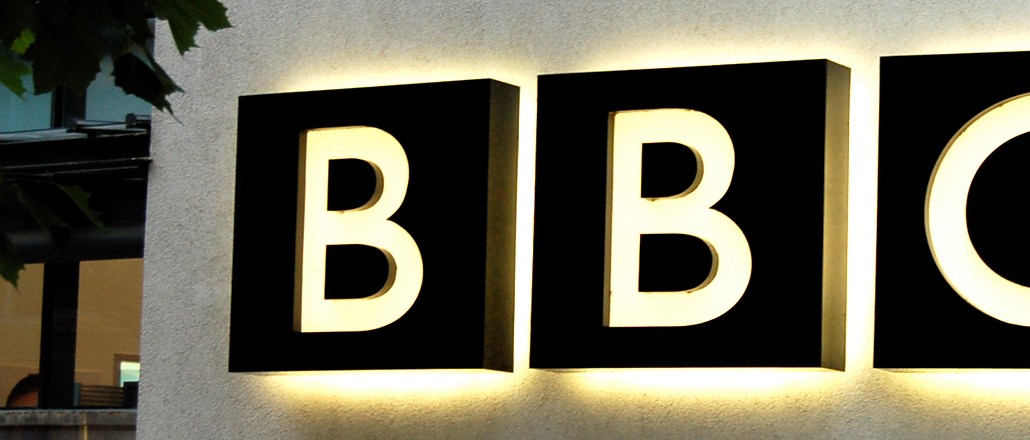
The BBC is facing a massive public backlash for revealing plans to drop a bunch of online products, including its highly popular recipes site, as part of wider £15 million ($22 million) cuts it has to make.
More than 11,000 recipes, such as “Winter lamb hotpot” and “Pork and fennel casserole,” submitted from chefs around the world, are to be “mothballed,” according to the BBC: They won’t necessarily disappear from the web, but won’t be updated or optimized or otherwise altered. Recipes from TV shows will still be posted online, but will only be available for 30 days.
The public service broadcaster has been under pressure to shed more of its online output by the government, as well as commercial publishers, which have long said the BBC throttles competition. Last July U.K. chancellor George Osborne described the BBC website as becoming “a bit more imperial in its ambitions,” which is what started the review into the BBC’s remit. The BBC has said it plans to focus its efforts on news and sports.
The news provoked fury from the general public, which took to Twitter to protest the cuts, with the hashtag Bbcrecipes trending on Twitter all day today. Politicians including former deputy prime minister John Prescott have also waded in on the debate.
Can someone explain how removing recipes from the BBC website saves money? Surely we should be encouraging families to cook healthily!
— John Prescott (@johnprescott) May 17, 2016
#toryrecipes Take one salami and a knife. Keep cutting slices off it until there’s nothing left of a valued British institution. #bbcrecipes
— John Prescott (@johnprescott) May 17, 2016
On the surface the BBC is being responsive to the needs of commercial publishers by trimming back its sites, but Ian Whittaker, media analyst at Liberum thinks there’s there more to it. “The BBC is being cynical and playing a political game by cutting sites that it knows would create a public backlash and with which it can go to the government and say, ‘look, we cannot scale back our online presence because people protest.’”
If that is indeed the case, it seems to be working. A Change.org online petition to “save the BBC recipe archive” has garnered 117,929 signatures at the time of writing. The petition followed a blog by Huffington Post assistant news editor Louise Ridley last week, called: “Cutting recipes from the BBC website is more than I can stomach.”
Joe Evans media analyst at Enders, said he doesn’t believe anyone, including commercial publishers, will actually benefit from the cuts. “Commercial recipe providers might hope that people will buy their stuff if they know the BBC isn’t there, but in reality the use case for online recipes is: Someone Googles something they want to make and clicks on the first reasonably trustworthy free link,” he said. “Currently that’s the BBC, so if that goes away you’ll just see a few ad pennies going onto various free providers.”
David Carr, strategy director at DigitasLbi said the cutting of the recipes has made what was a fairly “abstract” issue of corporation cuts to the general public, very tangible. “There’s a lot of garbage food content out there, and a lot of lesser players spouting crap,” he said. “The BBC recipes are independent, quality content that fits with the BBC’s mantra of informing, educating and entertaining.”
He added that if it’s the government’s belief that pruning the BBC’s online output will improve commercial landscape, it should using regulation powers to drive innovation, not stunt it.
More in Media

Digiday+ Research: Dow Jones, Business Insider and other publishers on AI-driven search
This report explores how publishers are navigating search as AI reshapes how people access information and how publishers monetize content.

In Graphic Detail: AI licensing deals, protection measures aren’t slowing web scraping
AI bots are increasingly mining publisher content, with new data showing publishers are losing the traffic battle even as demand grows.

In Graphic Detail: The scale of the challenge facing publishers, politicians eager to damage Google’s adland dominance
Last year was a blowout ad revenue year for Google, despite challenges from several quarters.





